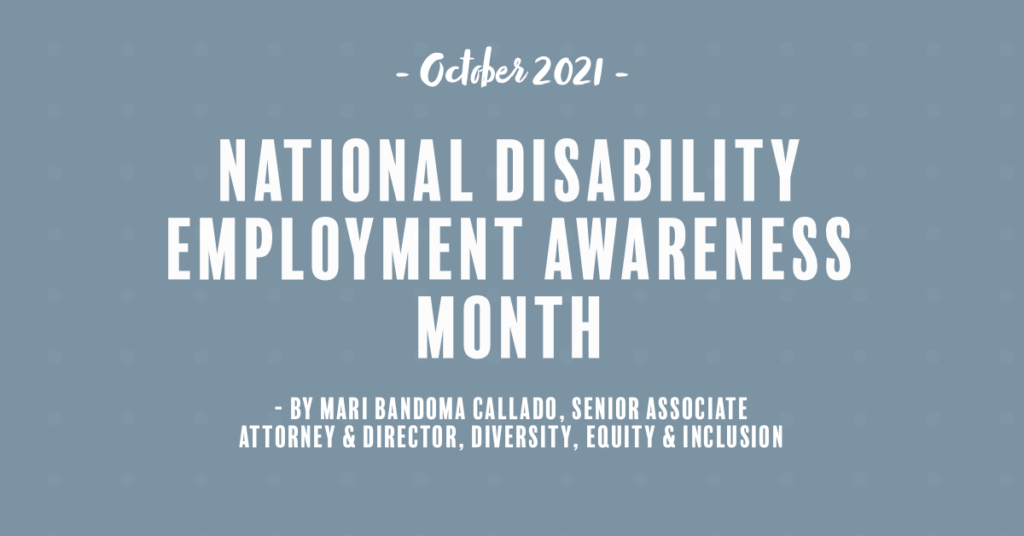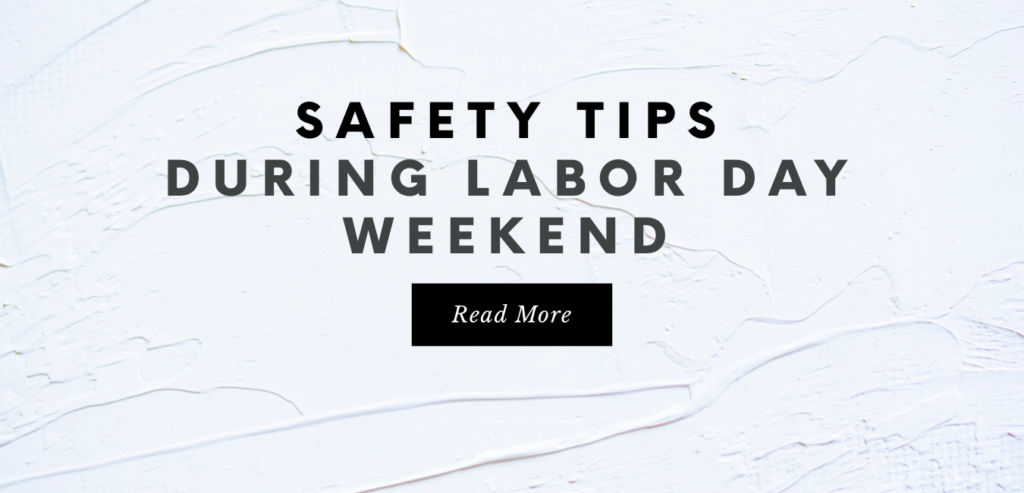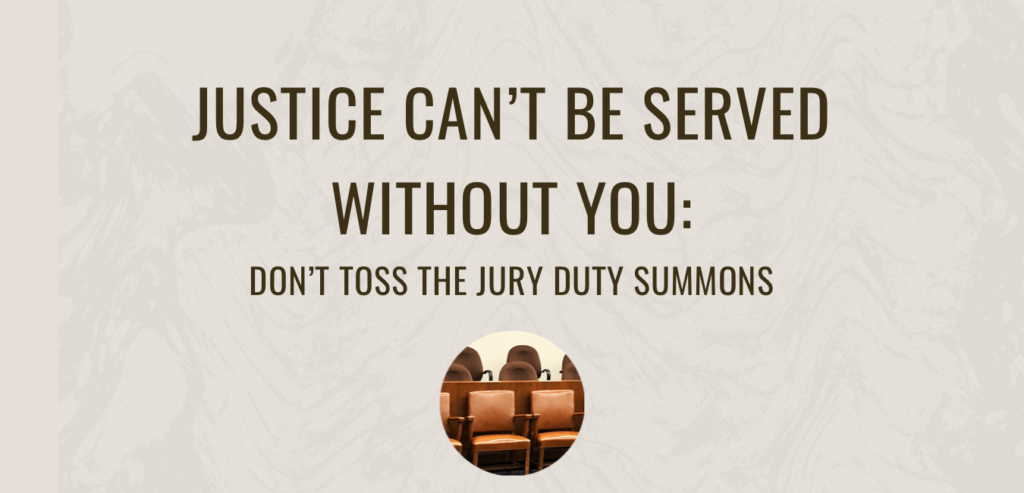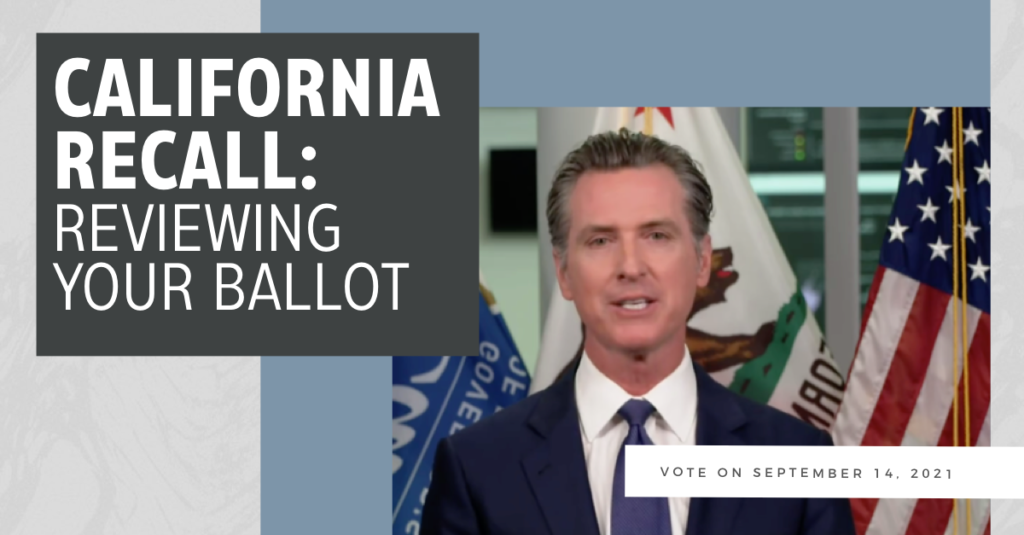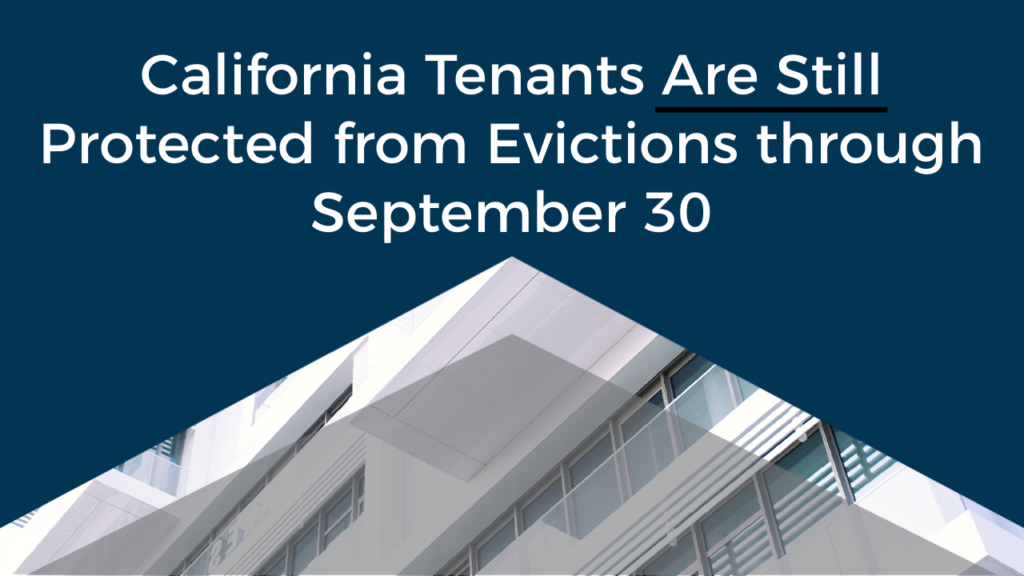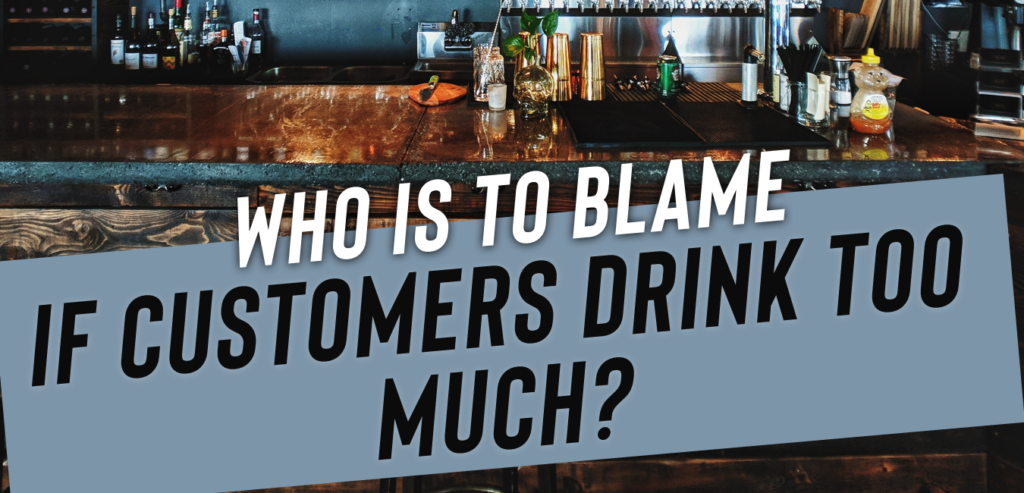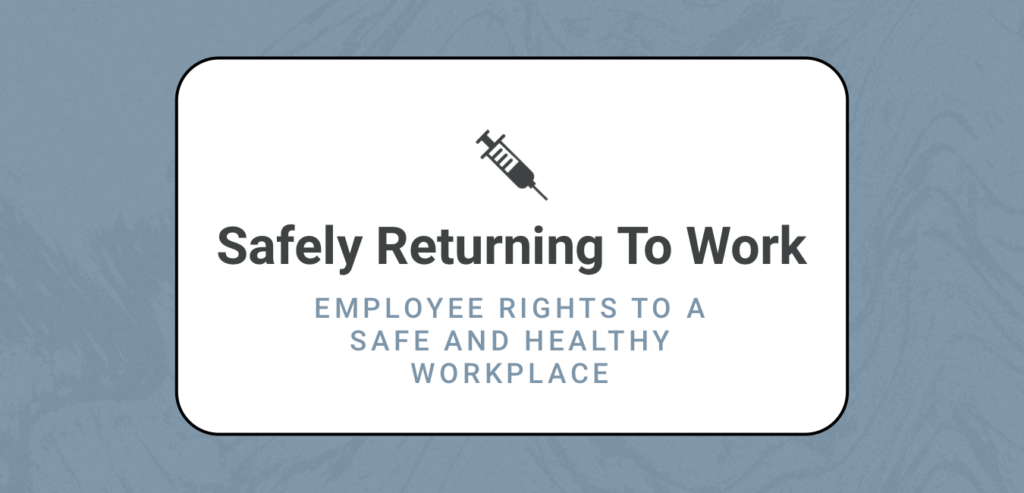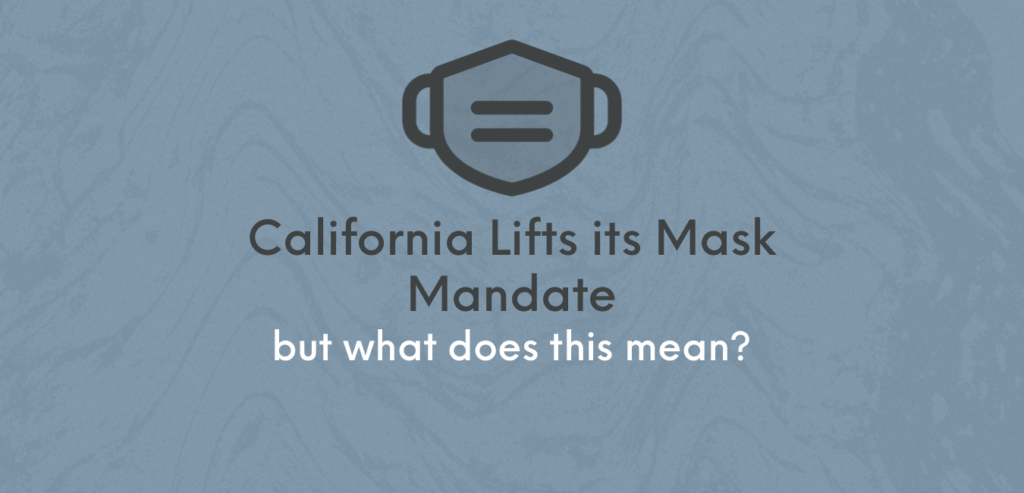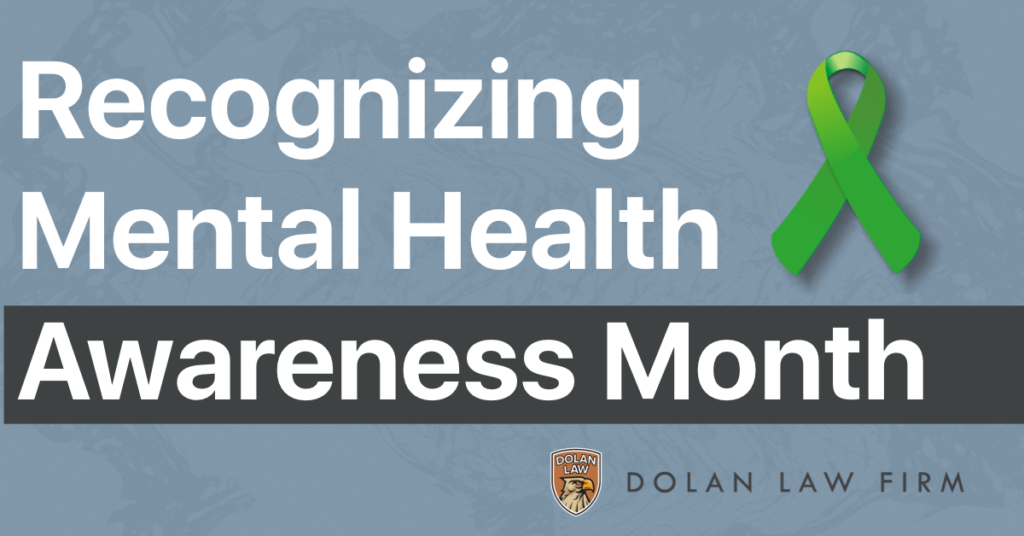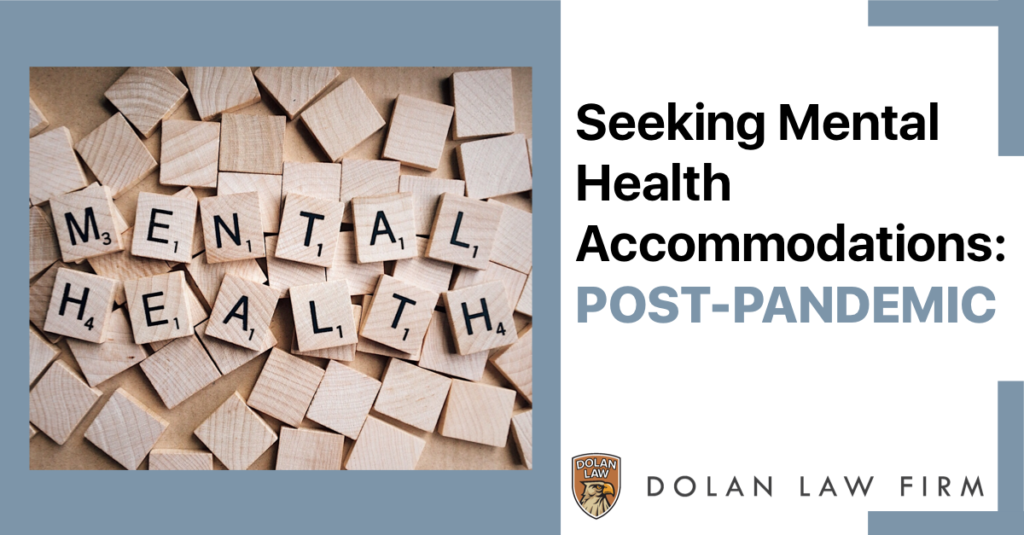October is National Disability Employment Awareness Month
Written By Mari Bandoma Callado, Senior Associate Attorney & Director, Diversity, Equity & Inclusion The Dolan Law Firm recognizes National Disability Employment Awareness Month this October to commemorate the many contributions of people with disabilities to America’s workplaces and economy. This year, the theme for NDEAM 2021, “America’s Recovery: Powered by Inclusion,” reflects the importance …
October is National Disability Employment Awareness Month Read More »

